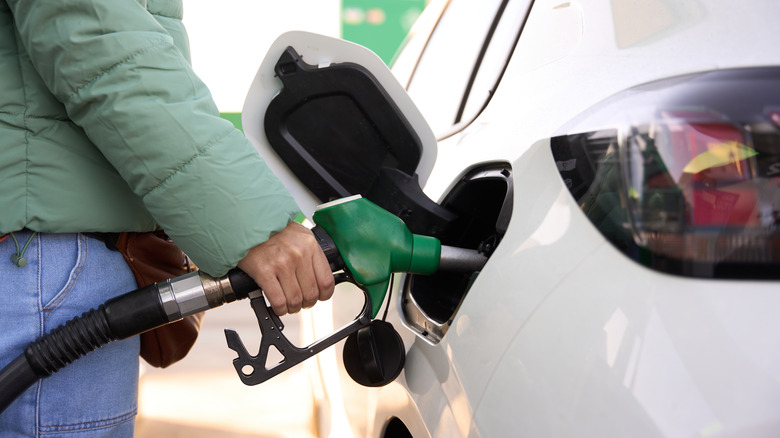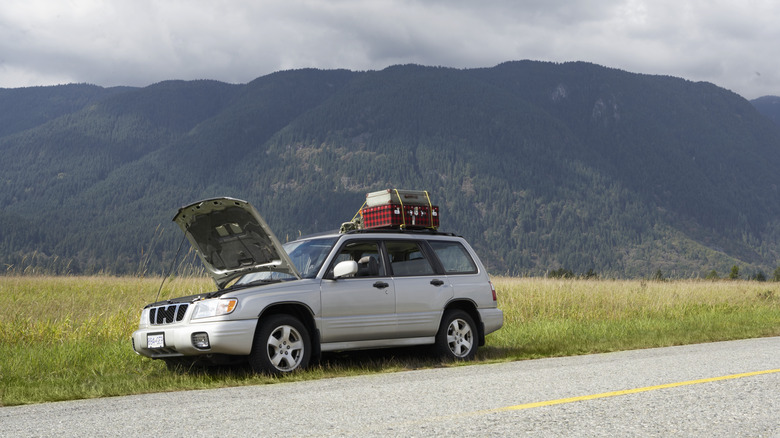Have you ever gotten bad gas from a gas station? It’s rare, but it’s definitely something that can happen. Most drivers, especially those of a certain older age, probably have a story about bad gas and the problems it created with their vehicle. When I say “bad” here, I’m not necessarily talking about old gas that doesn’t burn as well, although that’s certainly one possibility. No, I’m talking about gas that’s been contaminated — either from the refinery or in a gas station’s tanks — by water, debris, or some kind of non-petroleum substance.
For example, back in 2014, more than five million gallons of contaminated gasoline was shipped from Exxon Mobil to gas stations all around the Baton Rouge, LA, region. Affected motorists reported that the contaminated fuel had a nasty tendency to “gum up” intakes and valve trains. More recently, again in Baton Rouge, WBRZ reported that Circle K stations throughout the region accidentally sold fuel contaminated with water to unsuspecting motorists during a big promotional sale.
So, what should you do if your car’s acting up, and you suspect that you’ve bought some contaminated gas? Let’s talk about it.
How do you know if your gasoline is bad and what should you do
There’s always a chance of getting bad gas from a gas station. A small one, maybe, but it’s still there. Gas stations — good, reputable ones, at least — will have various filters and systems designed to make sure you get the freshest, cleanest gas possible at the pump. If you do get bad gas, it’ll turn into one of your worst gas station stories. Your car will let you know immediately by surging, stalling, bucking, and other weird behaviors. You’ll probably also get a check engine light. If you’re lucky, the bad gas won’t do much, if any actual damage to the car. However, bad gas can damage fuel systems.
If you think you got bad gas from a gas station, the first thing you should do is get a sample of the possibly contaminated fuel. Your mechanic or dealership should be able to get one for you out of your tank. With the sample in hand (safely stored somewhere that’s not in your house) notify the state government agency that’s responsible for inspecting gas stations and file a complaint. Once you’ve done that, contact the gas station you believe sold you the bad gas and file a complaint with them. Also, if your vehicle’s under warranty, contact the dealership or warranty company to see what other steps you should take.
Armed with receipts and a fuel sample, you should be able to get some restitution. Now, I’m not a lawyer, but if you have one of your own, you should definitely consult with them. If not, well, your insurance company or a mechanic might have good advice for you.



